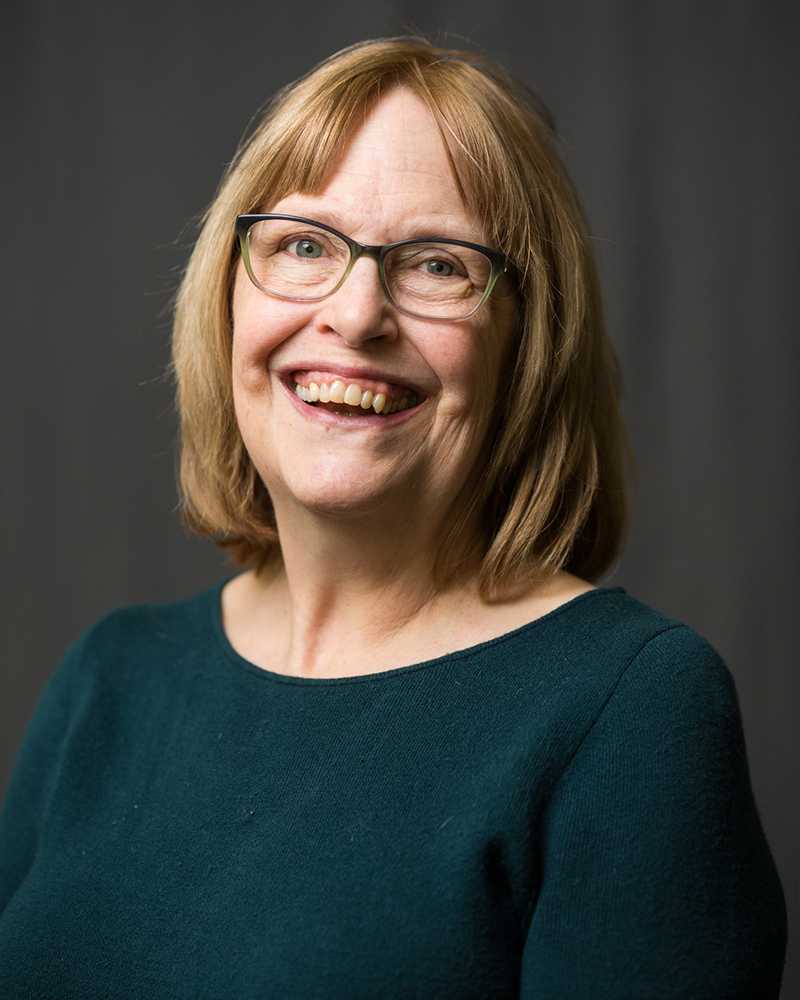In a society where the term “fake news” circles social media, two NMU librarians are holding a workshop to teach information literacy in order to prevent the spread of misinformation among the community.
The 90-minute event titled “#Reality: How Social Media Shapes Us and Our World” will be held from 3 to 4:30 p.m. on Monday, Feb. 4 in the Back Room of the University Center, room 1213.
The internet isn’t just all cat pictures, and many people get their information from social media, Lydia M. Olson Library Mollie Freier said. She is holding the event along with Metadata and Cataloguing Librarian Catherine Oliver.
“We were talking about how can we as librarians show students more about how to defend themselves against fake news Head of Public Services at the of all strides, and Catherine actually came up with the idea of focusing on social media,” Freier said.
She noted that the reporting mechanisms on Twitter and Facebook say “no, it’s you,” when users report misinformation.
Freier referenced the Fyre Festival, the “luxury music festival” that was promoted by social media influencers, that turned out to be a fraudulent event.
“What has been revealed recently is that Facebook is kind of a bad thing in many ways,” she added.
Freier said her and Oliver will be giving students the tools they need to critically analyze what they learn on social media, so they can find out what’s really going on.
“And as librarians, we have superpowers in terms of information literacy,” Freir said. “We do library instruction and we talk to students all the time about not just finding the source that seems to agree with you, we all like those sources, but finding the source that actually demonstrates that you’re right, or shows the pros and cons of what you’re trying to convince someone of,”
Freier said.
Many times, people are living in a “bubble,” and if people believe anything in their “bubble,” they’re going to get in trouble, Freier said.
“What happens if you’re suddenly thrust into a situation where you have to communicate with someone who’s in another bubble?” Freier said.
People tend to believe what they want to believe, Freier said, and this is made especially easy with the internet. Freier added that many news sources appeal to a certain audience, which also reinforces this problem.
“[Have] time to actually look at something that you might not like, that might make you uncomfortable,” Freier said.
Librarians need to do what they can to let students graduate with the tools they need to function in a world where anyone could put anything on the internet, she said, so students can step back and verify information.
“We would love to see students in our workshop. We’ve never done this before and we’re excited about it,” Freier said. “I hope students come with their own experiences with social
media.”























